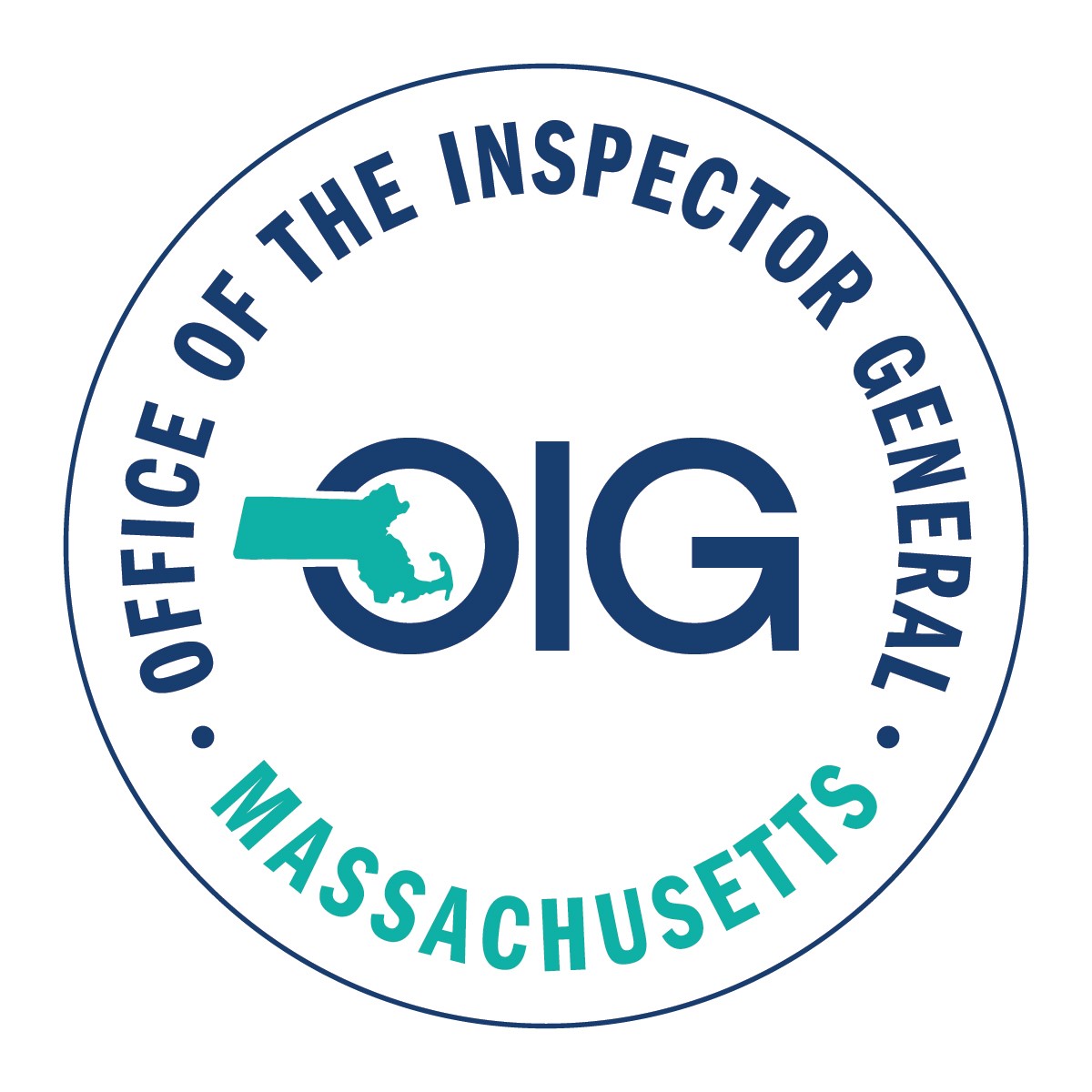- Office of the Inspector General
Media Contact
Jack Meyers
Boston, MA — In a letter sent today, Inspector General Jeffrey S. Shapiro recommended that the Town Administrator of Blackstone adopt policies to increase oversight and strengthen internal control measures to prevent the misspending of funds following an investigation into a former town employee’s use of the funds of a related nonprofit organization. The investigation stemmed from a call to the OIG’s Fraud Hotline alleging that the former director of the Blackstone Council on Aging (COA) made suspicious use of funds raised by the Friends of the Blackstone Council on Aging (FBCoA), a 501(c)(3) that supports the COA.
Although the former COA director claimed never to have been an officer of the FBCoA, the former director did manage some FBCoA funds. The former director stated that checks were sometimes written to “Cash” or in the former director’s name to purchase items needed by the Council on Aging. ATM withdrawals at the Twin River Casino and multiple purchases from Amazon and CVS were among the suspicious transactions.
The OIG found poor fiscal recordkeeping at the FBCoA, with no invoices or bank statements, during the former COA director’s tenure (2012 to 2021). Without supporting documentation, the OIG had difficulty verifying that purchases and withdrawals made from the FBCoA account were for an express FBCoA purpose, or even for a COA purpose. The OIG’s review of bank account statements showed $12,501.40 in the FBCoA account on August 31, 2016. On December 31, 2018, the account’s remaining balance was $787.16.
The OIG recommended that the town maintain a list of all town-affiliated nonprofits and their officers; prohibit town employees from serving as fiscal officers for nonprofits associated with their department or agency; and require town departments to keep detailed records of their financial transactions by retaining invoices, receipts, and other financial records.
Similarly, the OIG recommended that town-affiliated nonprofits designate more than one officer to have access to the bank account; disclose the identities of their officers and board members to the town; and keep detailed records of their financial transactions by retaining invoices, receipts, and other financial records.
“These controls will promote fiscal accountability for both municipalities and nonprofits, helping to ensure that their respective funds are managed in a financially sound manner consistent with their intended use,” IG Shapiro said. “These basic internal controls and recordkeeping requirements are the foundation of good government, provide a mechanism by which town officials can be held accountable, and give a level of assurance to nonprofit donors that their donations are being used for their intended purpose and not for improper personal gain. ”
###
